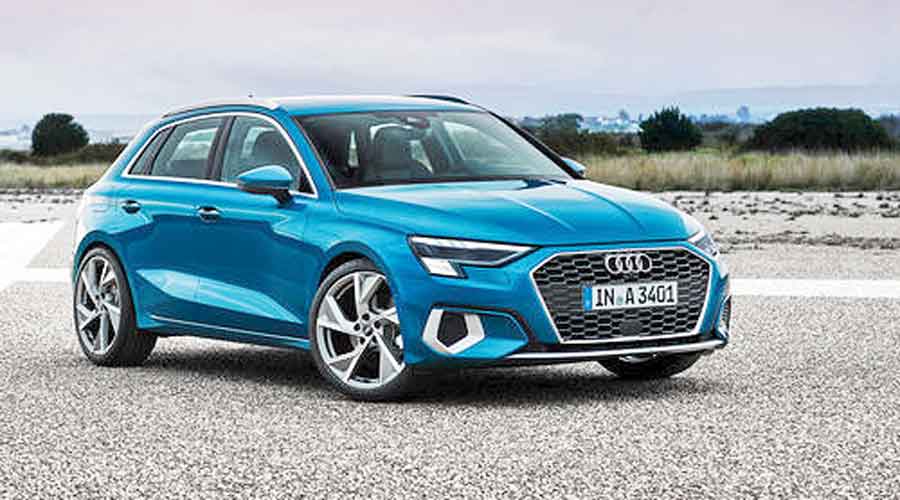Luxury car sales have fallen during the pandemic — barring the top-end models.
Their share of the total market has fallen to 1.1 per cent in 2021 from 1.5 per cent in 2018 as sales fell to 30,000 units from 40,000 during this period.
But the top-end models are flying off the shelf after the pandemic. Such a phenomenon can only be explained by the growing disparity in income levels between the rich and the rest of the society.
“It is the high net worth individuals (HNI) that are indulging in buying new supercars as post-Covid they are in a You Only Live Once frame of mind. International travels were banned, domestic tourism picked up and people were buying the best of the brands in a display of conspicuous consumption,” said Naveen Soni, president, Lexus India.
On the other hand, the upper middle class are buying cars but not necessarily aspirational vehicles such as the luxury brands.
Unless they upgrade to the luxury segment that starts from Rs 40 lakh, the luxury vehicle segment will not grow, he said.
Audi India head Balbir Singh Dhillon had similar views: “Unless we see volumes in entry level luxury cars, the luxury segment in India will not grow. And the duty structure on luxury cars is so steep that I don’t see volumes rising in the future too.”
India levies 100 per cent tax on imported cars priced above $40,000 (about Rs 30 lakh) and 60 per cent on cars priced less than that. Moreover, luxury vehicles attract a goods and services tax (GST) of up to 50 per cent, and another 15 per cent in registration tax.
According to a Knight Frank report, the population of HNIs is expected to grow 75 per cent in the next five years.










